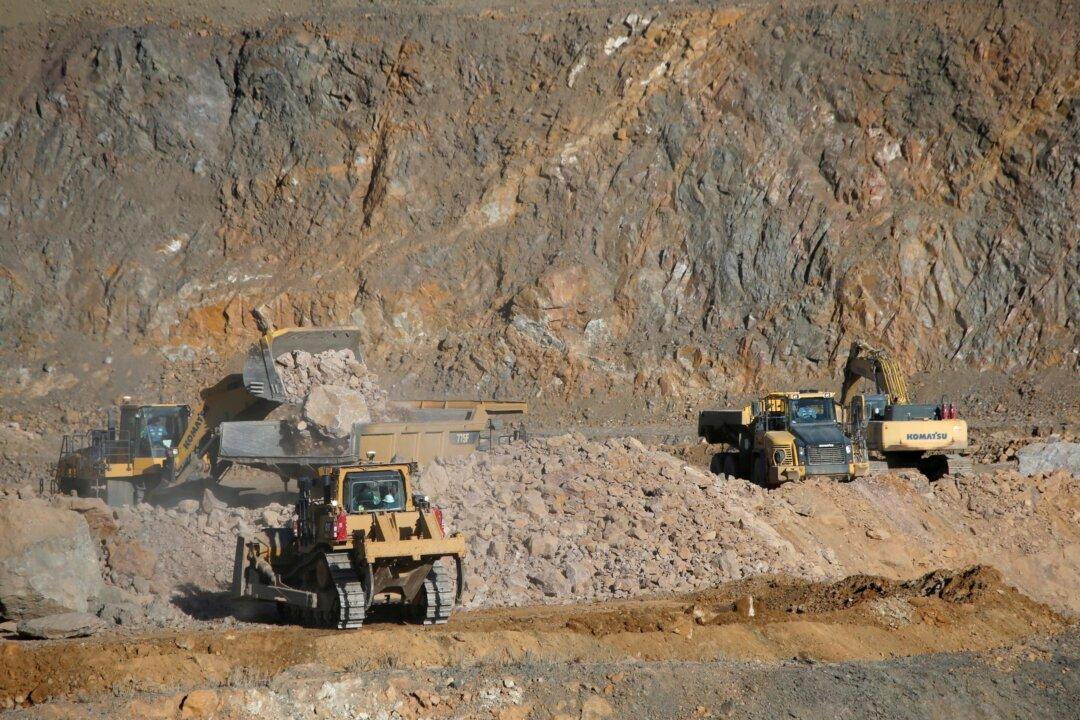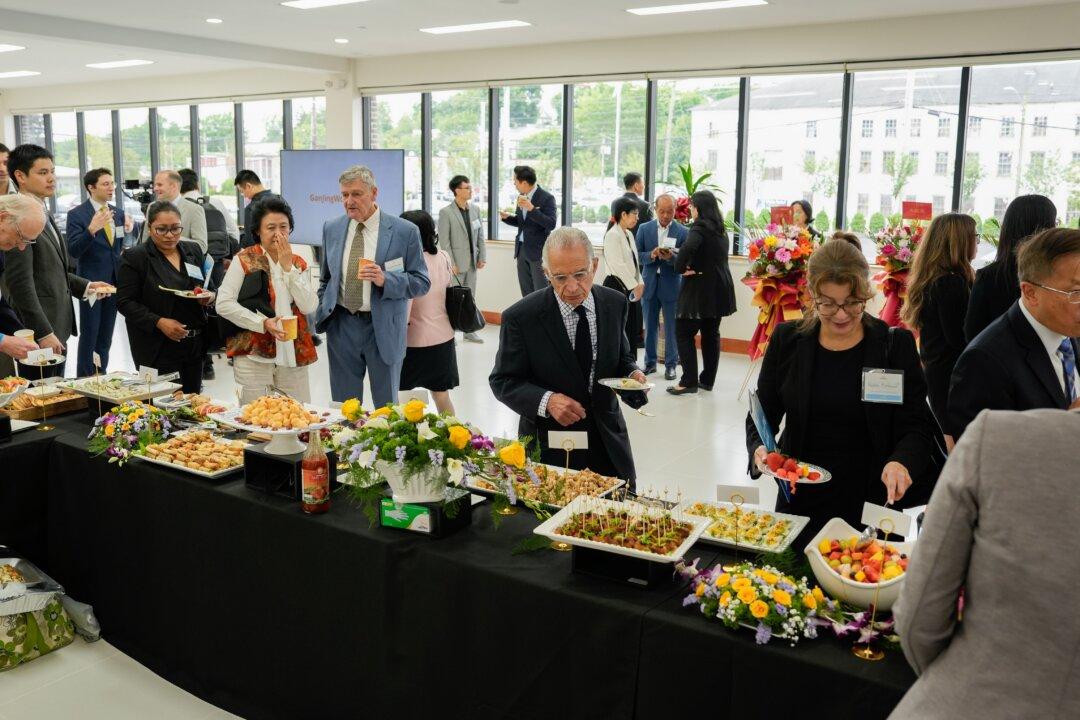News Analysis
Washington’s recent move to limit semiconductor exports to China has raised concerns that Beijing might retaliate by cutting off rare earth supplies, similar to what it did to Japan in 2010. According to the U.S. Geological Survey (pdf), China has the world’s largest rare earth reserves, accounting for 78 percent of the U.S.’s rare earth imports from 2017 to 2020.






